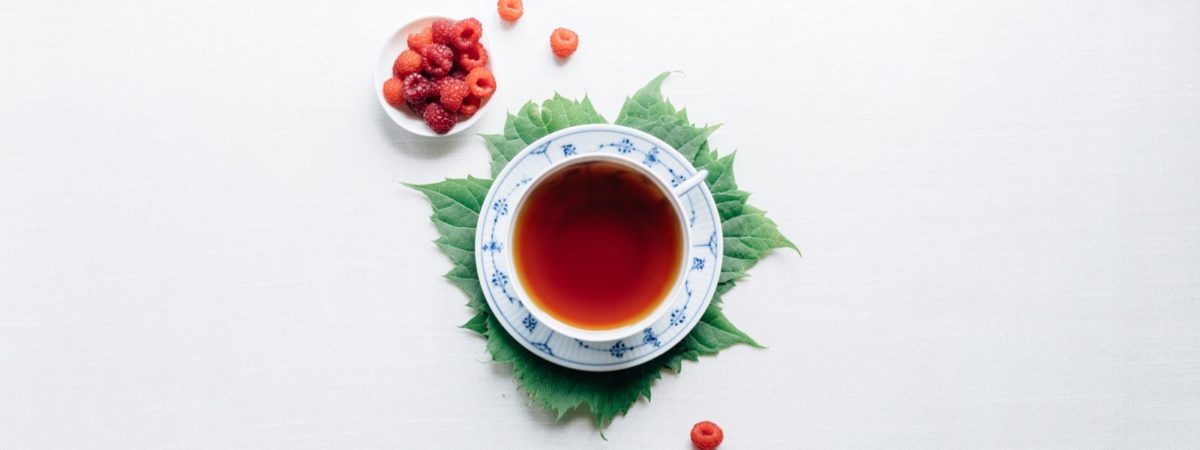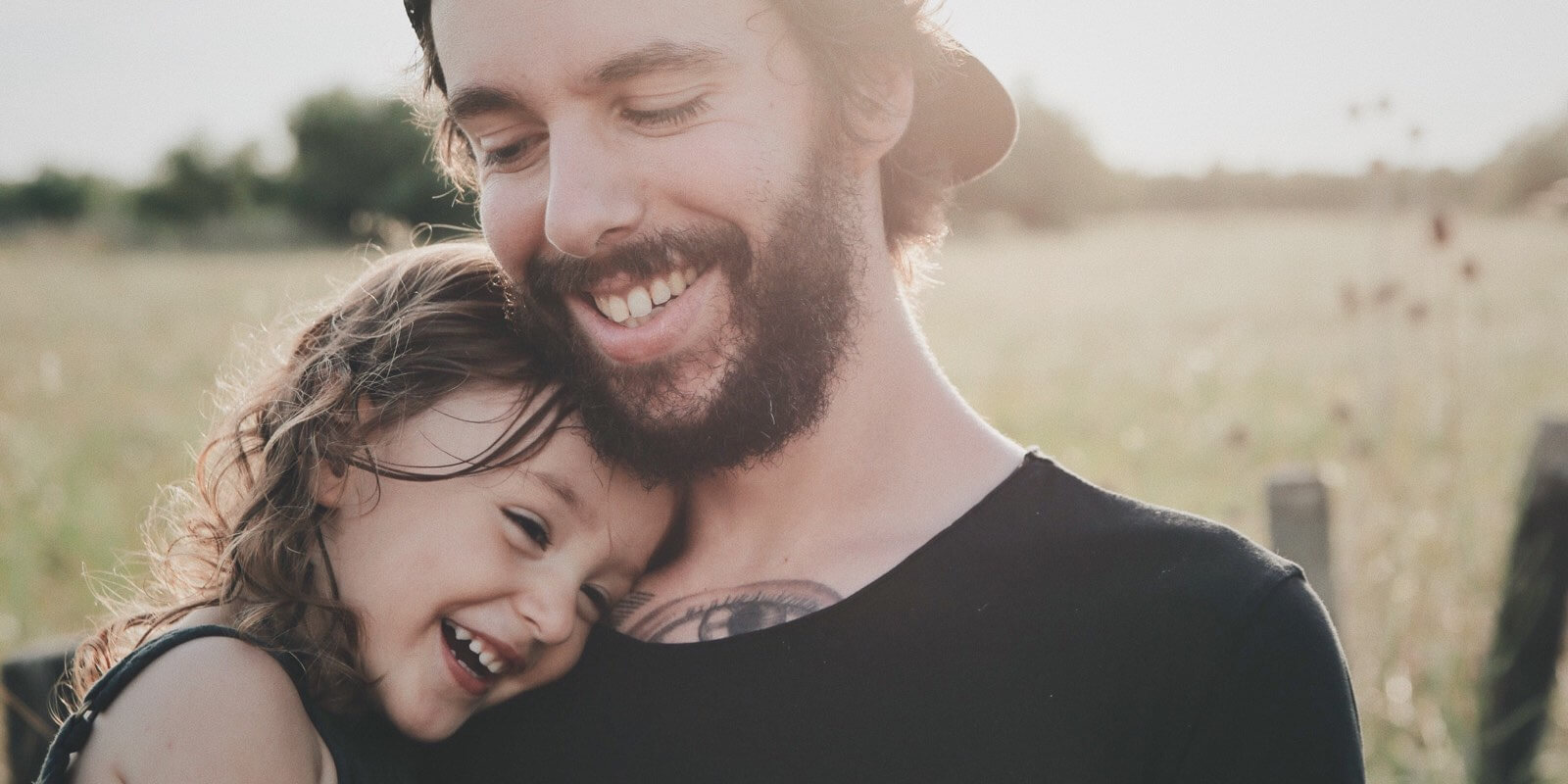You’ve probably never heard of Svend Brinkmann. Which is too bad since he’s exactly the kind of thinker we as a society desperately need right now.
His most recent book, The Joy of Missing Out, is a passionate and well-reasoned argument for cultivating a profoundly counter-cultural ideal: deliberately missing out on things.
In the book, he argues that we’ve created a society dominated by endless choices, offers, and invitations to read more, consume more, enjoy more, and even become more. But is this tantalizingly unending supply of more good for us?
His answer, unsurprisingly, is a definitive no, and he makes the case that if we are to maintain our collective and individual wellbeing, we must cultivate the art of intentionally missing out.
What follows is a collection of my favorite quotes and passages from the book—lightly edited for clarity—along with my own brief thoughts and reflections.
On Value
The question is how to maintain focus in a world full of choice and temptation. We are constantly bombarded with invitations, in the broadest sense of the word, via everything from street advertising to social media. We are constantly invited to do something, think something, experience something, buy something, consume something. Competition for our attention spans is fierce, and when inundated by overwhelming amounts of information it is sometimes difficult to distinguish what is important from what is not.
Who benefits from us becoming—and staying—confused about what is truly important and what is superficial?
People selling superficial things, I imagine. Certainly not us.
On Self-Mastery
Living a full, rich and flourishing life requires a degree of self-mastery and self-control—not as a form of masochistic self-flagellation or as an ascetic project, in which saying no has no value per se, but as a prerequisite for our ability to do our best, as the individual we happen to be, with the responsibilities we happen to have, in the contexts we happen to find ourselves.
Freedom doesn’t mean the absence of tradeoffs. There are always trade-offs.
Freedom means the ability to make the right trade-offs—the ones that move us toward our values and aspirations.
On Specificity
We must pay attention to something specific in order for our lives to be well lived and not just be some kind of amorphous blur.
Specificity cures all manner of ills, whether in body, mind, or spirit.
On Rituals
There is an aesthetic value in simple rituals that organize our daily lives and free up energy and resources for more significant activities.
Rituals are mechanisms for psychological efficiency.
On Necessity
Making a virtue out of necessity can become a life art.
Ask yourself: What metaphors do I use to describe my life?
Life as a game? Life as a competition? Life as a job? Life as a puzzle?
What are the advantages and disadvantages of each?
What about life as a work of art?
On Focus
We can all learn to focus, to opt out, to settle for less of that which is actually trivial—and then hopefully have more time for what is significant.
Focus starts with clarity.
If you can’t distinguish the trivial from the important, how can you hope to focus—much less stay focused—on what’s important?
On Commitment
We must have the courage to commit to something and to miss out more.
Commitment always comes with tradeoffs.
Our commitments would be stronger if we understood and anticipated these tradeoffs ahead of time.
On Self-Optimization
The demand for skill enhancement and optimization are constant and never-ending, which logically leads to a situation where nobody ever does anything well enough, because we all know that we will soon be instructed to do more and do it better.
Whenever you begin a new endeavor, as yourself these three questions:
- What would a poor outcome look like?
- What would an excellent outcome look like?
- What would a good-enough outcome look like?
You must be willing to settle for good-enough in small things in order to truly excel in the most important things.
But this is difficult if you don’t know what good enough looks like.
On Modesty
I simply wish to present the concept of a modest, sustainable life within certain boundaries as an attractive alternative for individuals and society alike.
Think of someone you know who embodies modesty in some respect… What is it specifically about their modesty that’s attractive, admirable, or appealing to you?
What aspects of your life might benefit from more modesty?
On Leisure
Leisure is not necessarily aimless, but includes engaging in ritualized habits and practices in the company of others. It creates a collective focus and provides a refuge in which it is legitimate for people to relax and perhaps reflect on questions other than those that occupy them during their working lives.
Leisure is bandwidth. No matter how faster your processor, how big your hard drive, or how beautiful your screen, nothing gets done well on a computer without RAM.
Leisure is whitespace. Without whitespace and negative space, any design is doomed to clutter and confusion.
Leisure is margin. A life without margin is just busywork.
On Form
To bestow form on your life is, literally, to practice the existential art of living, which is only possible if we are willing to miss out on other things. If your life takes a certain form, it follows logically that it cannot take myriad others—you miss out on them.
We tend to think of opportunity cost as a negative—when I spend a dollar on X, there are a near-infinite number of things I now can’t spend that dollar on.
But what if opportunity cost is, in fact, the road to happiness?
By saying no to all the inessentials, I allow my life to filled with the best, most important things.
On Desires
Without an ethical framework, the will is random, controlled solely by the individual’s more or less fleeting desires and preferences.
A consistent ethical framework is necessary to train the will toward values, toward the things that matter most.
On Caring
Caring for something always implies the risk of being disappointed or suffering real grief. This is the price of love.
Grief, sorrow, and sadness are not viruses to be avoided or eradicated. They’re an inextricable part of what makes life worth living.
On Purity of Heart
Purity of heart is to will one thing. Not to gain something in return but because what we care about is worth wanting.
Purity of heart… It sounds so old-fashioned.
Maybe that’s why we need it now more than ever.
On Potential
We are haunted by the myth of our own potential.
Unlimited potential is paralyzing.
On the Rolling Stones
When told that you cannot always get what you want, you should respond “and a good thing too!”
It’s a useful exercise to reflect back on an earlier stage of life—say as a teenager—and consider all the things you wanted intensely then, and how glad you are now that you didn’t get them.
On Desires
Human desires are diverse and changeable, especially in a media and consumer society where we are constant assailed by temptations and calls to action, and where the mere fact of having a desire makes it legitimate. All of this makes it difficult to distinguish significant desires from insignificant ones.
Desire is like gravity. It’s not good or bad in and of itself. And that fact that it’s strong or weak is indicative of neither virtue nor vice.
Imbuing desire with intrinsic worth is a dangerous game.
On Personal Liberation
There is a world beyond ourselves, in which something can be good or bad, independently of our wishes and preferences. And perhaps it could be liberating to pursue the good, regardless of potential personal gain. If there is any value in this idea, then the ambition of realizing as many of our own desires as possible is far from liberating. On the contrary, in doing so we run the risk of becoming slaves to our desires. To be liberated, we must be prepared to miss out—we must will one thing rather than will everything and succumb to an amorphous formlessness.
Freedom cannot be an end in itself. Freedom from is not sufficient.
What is it you want freedom to do?
If I want to be free to make healthy food choices, maintaining certain constraints on my grocery shopping actually increases my freedom.
Context
People want to be generous, cooperative and helpful to others if they live in an environment that facilitates it.
Corollary: It’s naive to blame people wholly for poor choices. Learn to see the structures and incentives that nudge people to act the way they do.
On Alternative Facts
There is a way of living that accentuates the factual, accepting that there is something that cannot be changed, and which we therefore must ‘obey,’ even though we might prefer ‘alternative facts’ that support our own case.
Does the old-fashioned virtue of obedience have a place in modern life? What might that look like?
In a purely selfish way, how could obedience in certain aspects of your life benefit you?
On Virtue
The character traits necessary to make the most of human nature and thrive in life are known as virtues. A virtue, then, is something that enables the realization of an inner purpose.
Question: What’s your inner purpose?
Follow-up: What are the character traits—the virtues—that, if cultivated, would help you achieve that purpose?
On Self-Skepticism
Most people do not cultivate the ability to question their own views when engaged in political discussion.
Of course, everyone is capable of questioning their own political views, and no doubt we all do this at times.
The more important point is this: Do you cultivate a habit of questioning your own views?
On Free Will
If we always act on every sudden impulse, then in a sense we do not act at all, since we are passively driven and determined. We only have free will to the extent that we are able to distance ourselves from our impulses, assess them in the light of our values, and then make a decision.
I think there’s actually a lot of good psychology behind the biblical maxim: You shall know the truth and the truth shall set you free.
On Self-Constancy
To achieve self-constancy we must reflect on our life as a whole, and the best way to do this is to look at it as a narrative… But if we insist on trying out every possible identity and narrative throughout our lives, self-constancy becomes impossible.
Rigidly adhering to one life narrative is probably not a good idea. But neither is constantly flitting from one to another.
On Ethics
Ultimately, ethics is not an abstract, intellectual game, but a practical venture. It is about acting—and refraining from acting. Having a moderate moral character that enables ethical action requires a well-cultivated emotional life, in which we have learned to rejoice in the good, fear the awful and feel guilt when we have done wrong.
Too often we think of emotions as liabilities to be managed and regulated. But what if we thought of them as assets to be cultivated?
On Happiness
In recent years, a veritable happiness industry has sprouted up, with legions of therapists, coaches, counsellors and self-help authors promising nirvana just around the corner—if only we change the way we think, act or feel. The inherent flaw in all of this is.. that the industry necessarily involves downplaying the significance of the individual’s environment and situation, and instead claiming that ‘happiness is a choice!’, thus making us all personally responsible for making the right decisions if we want to be happy. Since very few of us are actually in a position simply to ‘choose’ to be happy, this triggers a sense of inadequacy, and an even greater need for the services provided by the happiness industry, which becomes a self-sustaining, constantly growing system. The problem is not so much that we are not always happy (which is probably just an unavoidable reality of life), but that we think that we should be happy all the time.
Beware the Happiness Industrial Complex and the seductive myth of perpetual happiness.
Temporary happiness is nice. Temporary unhappiness is a bummer. And maybe long stretches of non-happiness are actually just fine.
On Stoicism
The principles of Stoicism are neatly summarized in the familiar Christian serenity prayer: ‘God grant me the serenity to accept the the things I cannot change, the courage to change the things I can, and the wisdom to know the difference. The point of Stoicism is that there really are things we cannot change, which is why it is important to learn to live with them instead of engaging in a never-ending pursuit of ways to optimize the self.
How good are you at operating the control panel of your life? Do you understand all the little lights and indicators, which ones are serious and which ones to ignore? Do you know when to adjust this knob and that lever, or when tap the breaks and when to accelerate?
Do you know where the instruction manual is?
On Depression
The modern emphasis on individualism, control and choice can deprive us of our main vaccine against depression, namely our sense of belonging to and involvement in groups and contexts.
You can’t belong to someone or something—and reap the benefits of that belonging—if you’re not willing to give something up.
You can’t be a citizen if you don’t pay taxes.
You can’t be a teammate if you don’t show up for practices.
You can’t be loved if you cut yourself off from others.
On Landscapes
Of course we could just sit down, practice self-control and not eat the marshmallow—but as long as we live in a landscape of temptations, this struggle is doomed to failure. We must cultivate a different landscape.
People who look like they have lots of will power are really just good at designing their environments to be conducive to choosing their values over their feelings.
On Transitions
The relative absence of rituals in contemporary social contexts removes an important psychological foundation for the individual’s ability to cope with transitions.
Just like modernity’s discarding of traditional ethical values and frameworks demands the creation of new ones, if we’re going to disregard the rituals of earlier ages, the burden is on us to create new ones.
Psychologically, we’re probably not ready for a ritual-less world.
On Repetition
We should not be afraid of repetition—as Kierkegaard stated, it is repetition that bestows form on both our individual and collective lives… In reality, this entails a form of courage—the courage to do the same as usual because it is the right thing to do.
Modern life has highjacked our biological disposition to novelty. What once served a valuable survival function is now being manipulated into a constant stream of new stuff, new entertainment, and new experiences.
But there’s nothing intrinsically good about new. It helps to sell a lot of shit we don’t need or even really want. But is it good for us?
If not, perhaps the smarter approach is not to try hard to resist the new, but instead, to remind ourselves of what’s good and useful and beautiful about the present, about what we already have.
Instead of trying to convince yourself you don’t need this year’s new iPhone, what if you regularly demonstrated to yourself why your current iPhone is already awesome and totally sufficient for 100% of your needs and 99% of your wants?
On Less
We’ve all heard the saying “less is more.” And while we may politely nod our heads in intellectual agreement each time we read or hear that sentiment, are we living it? Do we really believe that?
On Amazon, a search for ‘get more done’ comes up with more than 2,000 books, e.g. Get More Done in Less Time — And Get on With the Good Stuff. A simpler search of ‘do more’ comes up with more than 13,000 hits, from Do More Better: A Practical Guide to Productivity to How to Do More in Less Time: How You Can Achieve Your Goals and Live a Balanced Life. What you will not find are many books about doing less—let alone how to do less and take longer over it. But in a stressful age, is that not perhaps exactly what we need to learn?
— Svend Brinkmann, The Joy of Missing Out





5 Comments
Add YoursThank you. This was both a beautiful and inspiring article!!
You’re welcome, Susan 🙂
Thank you so much! Now I feel motivated to purchase The Joy of Missing Out, I love what you showed me about the book
HI Nick, always useful article to live better, really thnak you
Thank you for this excellent narrative summary!
The information provided makes all sense when applied to our lives!